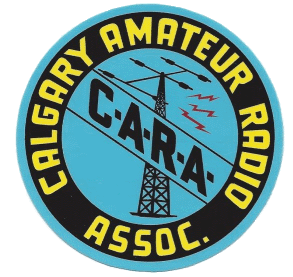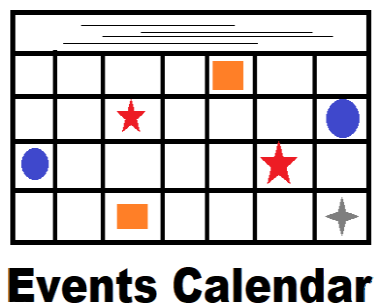After Action Report
Hello all;
This year's Rocky Mountain Rally certainly earned its place as one of the most active and challenging field events for Radio Operators. We had great weather and our technology worked mostly as expected. As usual, our Radio Operators did a stellar job of supporting this event. However, there were more on-stage incidents than have occurred at any rally in recent memory. Perhaps the good weather and effective support inspired the rally drivers to push the limits!
Here are some interesting facts from the Rally:
- Stages were stopped twice for an ambulance to be sent in. I understand that all the drivers were OK in the end, but at least one trip to the hospital was needed for a driver to be checked out before being released.
- Stages were also stopped twice for fire suppression. Some of the photos of those incidents are quite dramatic!
- The Rally Master reports that, in four or five instances, Radio Operators were able to provide information about a situation that was vital to its successful resolution. Sometimes the information made available to officials by the RallySafe system requires some interpretation. Having human eyes and ears in place helps to get the context needed to clarify a situation. In the words of the Rally Master: "...this event underlined the importance of a combination of radio operators and tracking systems..."
- I understand that out of the approximately thirty-two rally cars that started the event, only about a dozen of them made it through without some significant damage or repair requirements. That was a tough course!
- There were 80 volunteers at this rally, including Radio Operators, Marshals, Officials, etc.
- Volunteers travelled 63,600Km to get to this event. That's about 1.6 times around the Earth!
- Volunteers travelled an additional 16,500Km to support the event in their various roles.
- Total volunteer time spent at the event amounts to about 82 days!
THIS WAS A TREMENDOUS EVENT!!!
As for the radio operations aspect of the Rally, our primary channel used the VE7RIN repeater, as usual. This machine has excellent coverage of the valley and provided reliable service for the event. Thanks to Ken from EKARC for permission to use this repeater, and for configuring it for our needs.
As in the previous rally, we used a secondary voice channel to support Radio Operators in the field, especially during early morning setup. This channel was run on simplex, and most operators were able to get signals through without too much difficulty. Our operators did a good job of handling this setup net, and transitioning to the primary channel once Rally Control was ready for us. Good job everyone.
I was very pleased that our Net Control Operators put in extra effort this year to ensure that the Field Operators were well supported. Not only did they do a good job of calmly guiding responses to some serious stage incidents, but Net Control started operations earlier than I have ever heard them before, and this proved to be important in resolving some staffing issues on the Sunday morning. Our Net Controllers also stayed in place at the end of each day, to ensure that the Field Operators made safe and successful exits from the venues. Thanks Vince and Ian for your solid work at Net Control.
We were a little short on Radio Operators for this event, though. There were about twenty licensed Field Operators at the Rally, about fourteen of whom were of VE6/VA6 origins. So, we had to relay a few Blocker locations into the Rally Control Net via Marshalls and Hams equipped with FRS radios. These procedures worked successfully, and while we can do it again if need be, I hope that we can get more Radio Operators involved at future rallies.
I did receive a few suggestions for ongoing improvements:
- First, we need to keep improving our training practices. This is especially important for operators who are new to these events. While there have been some changes made in how we do this, we may need to do more so that operators can feel confident that they understand what is being asked of them.
- We need to keep working on getting information about the event plans to Radio Operators sooner and more consistently. It's difficult to get into the schedules of Radio Operators in the busy April to July timeframe. Also, in a few cases, there was confusion about where to find necessary information and who was assigned to which role(s).
- We made some strides in terms of operator safety, especially for managing safer venue ingress and egress. However, we should continue to improve in this respect.
- We should not forget that our Radio Operators need some fun, too! More opportunities for using our equipment, socializing, and maybe even some "bling" would help to keep the fun-factor in these events.
In closing, this year's event was a definite success. If you didn't make it out this time, you missed a lot of excitement and great weather in the mountains. So, I hope to see you at the next rally! For those who did make it, your efforts are very much appreciated and I trust that we can have your support at the next event.
73,
Garry Spicer
VE6GDS
CARA Radio Coordinator, Rocky Mountain Rally 2017

